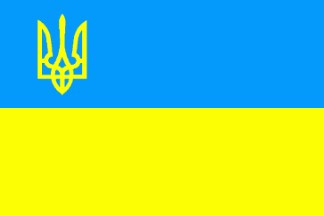The Settlement on the Plains
Ukraine, meaning borderland, was so-named because it was at the crossroads of ancient trade routes connecting the Baltic Sea, the Black Sea, and the Silk Road to China. Back in time it was occupied in turn by Greeks, Goths, Huns, Slavs, Khazars, Mongols, Tatars, Turks, and the Kievan Rus. In recent history it was claimed by Polish-Lithuanian rulers, the Ottoman Empire, the Prussians, the czars of Russia, the Austrian Hapsburg Empire, the German armies of World War II, and the USSR. This tortuous saga has led to confusion regarding the origin of Ukrainian immigrants. Their identity tends to be linked to the political power that ruled the land within Ukraine when a person was born rather than to ethnic roots.
Ukraine, the second largest country in Europe, has continually been tossed between invading forces for over a thousand years. Its history is littered with sieges, wars, foreign occupation, famines and the Black Death. It had been overrun by tyrannical invading armies, but never conquered. Its' national anthem, "Ukraine Will Never Die" is one of the most stirring anthems ever set to words and music, and reflects the determination of its strong-willed people to always rise again. Much of its rise to independence, although frequently suppressed, is owed to the Cossacks, a foreign legion of a sort though not necessarily foreign, that stood between Ukraine and the infidels. Always welcomed in every community, they socialized and assimilated with those they protected, and helped preserve the culture and tradition that is now associated with ethnic Ukrainians.




